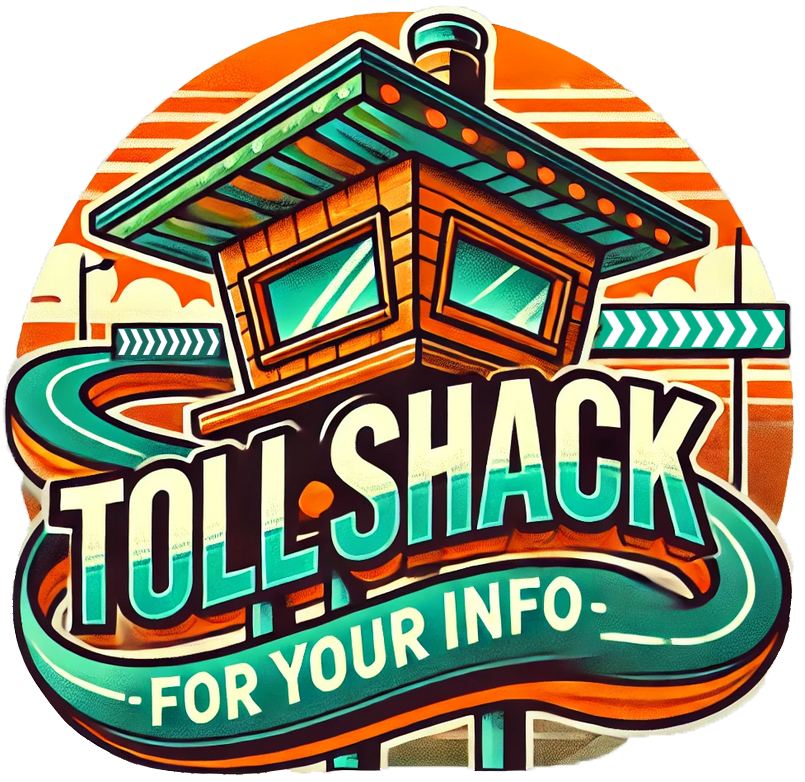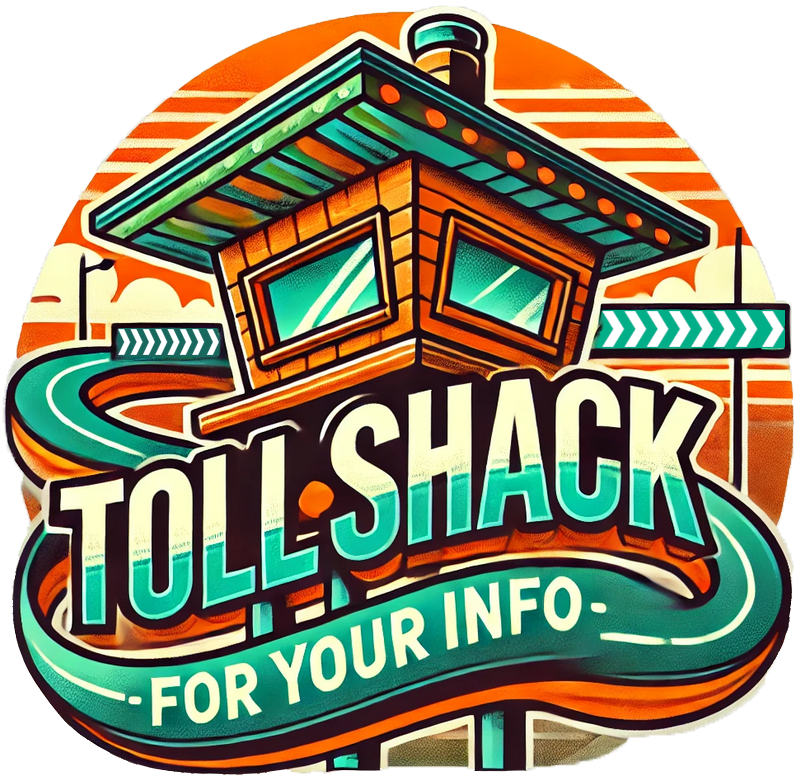Here’s more detailed information about NC Quick Pass and the toll roads it supports, along with how toll rates are structured and how the system works.
- NC Quick Pass Toll Roads:
NC Quick Pass can be used on several key toll roads in North Carolina. The main toll roads include:
- Triangle Expressway (Raleigh-Durham Area)
– The Triangle Expressway (NC 540) is the first modern toll road in North Carolina, connecting the Research Triangle Park area.
– It consists of three sections:
– NC 540: Extends from I-40 to NC 55 Bypass.
– Triangle Parkway: Runs from NC 147 to NC 540.
– Western Wake Freeway: Connects NC 55 Bypass and NC 540.
- Monroe Expressway (Charlotte Area)
– The Monroe Expressway is an 18-mile toll road that provides an alternative to US 74, helping drivers bypass congested areas in Union County and the city of Monroe.
– This toll road allows for quicker travel between Charlotte and eastern Union County.
- How the Toll Rates Work:
Toll rates on these roads are calculated based on the distance traveled, vehicle class, and whether you use an NC Quick Pass transponder or choose Bill-by-Mail. Transponder users benefit from significantly reduced toll rates.
- Rate Differences: NC Quick Pass vs Bill-by-Mail
– NC Quick Pass Transponder: Offers the lowest toll rate. This system uses RFID technology in the transponder placed on your vehicle’s windshield, which is automatically read as you pass through toll gantries.
– Bill-by-Mail: If you do not have a transponder, a photo of your license plate is taken, and the bill is mailed to your address. This option is more expensive due to processing fees.
- Toll Segments
– Tolls are charged based on toll segments—specific points along the toll road where tolls are collected. The further you travel, the more toll segments you cross, and the higher the total toll.
- Vehicle Classes and Rates
– Tolls vary by vehicle type. Larger vehicles, such as trucks or multi-axle vehicles, are charged at higher rates compared to standard passenger vehicles.
- Toll Collection Methods:
– Electronic Tolling: Both the Triangle Expressway and Monroe Expressway use all-electronic tolling, meaning there are no traditional toll booths. Tolls are collected via transponders or the Bill-by-Mail system.
- Transponder Options:
– Sticker Transponder: A basic, free transponder that works only in North Carolina toll roads.
– NC Quick Pass E-ZPass: A portable transponder that works not only in North Carolina but also in other states within the E-ZPass network (across 18 states).
– NC Quick Pass Flex: This transponder includes an option to switch between toll and HOV (High-Occupancy Vehicle) modes. It is useful if you frequently use express lanes in states like Georgia and Florida, where HOV lanes provide free or discounted toll rates.
- Other Compatible Toll Roads:
While the NC Quick Pass primarily serves North Carolina roads, you can use the E-ZPass or Quick Pass transponder on toll roads in other states:
– E-ZPass: Works across 18 states, including those in the Northeast, Midwest, and Mid-Atlantic regions.
– Peach Pass: Accepted on Georgia toll roads, including express lanes.
– SunPass: Works on Florida toll roads.
- Toll Rate Calculation:
For detailed trip pricing, NC Quick Pass provides a toll calculator. This tool helps you calculate the toll based on the exact route and distance traveled. You can access the calculator on the NC Quick Pass website..
- NC Quick Pass Toll Discount Program:
– The NC Quick Pass offers frequent users toll discount programs where users can receive discounts for a certain number of trips taken within a given period. These programs help commuters save money on long-term toll road usage.
- Customer Service and Account Management:
– NC Quick Pass users can manage their accounts online, check balances, view trip history, and set up automatic account replenishments via the NC Quick Pass website or mobile app. This system ensures that users never run out of funds while traveling.
- Future Expansion:
– The Complete 540 Project aims to extend the Triangle Expressway further, ultimately forming a full loop around the Raleigh area, adding more toll segments and new routes for commuters and long-distance travelers.
Conclusion:
The NC Quick Pass system is designed to make toll road travel convenient and efficient for both local and interstate drivers. With compatibility across multiple states and toll systems, discounts for transponder users, and the ability to manage accounts online, NC Quick Pass helps drivers save time and money while ensuring smooth and seamless travel on North Carolina’s toll roads.
For more up-to-date toll rates or detailed trip estimates, visit the NC Quick Pass website.









Customer Reviews
Thanks for submitting your comment!